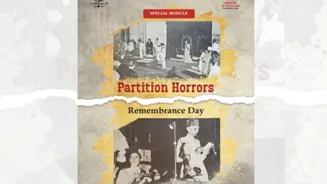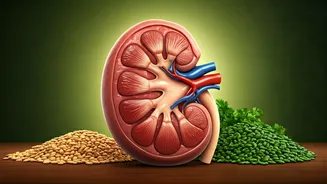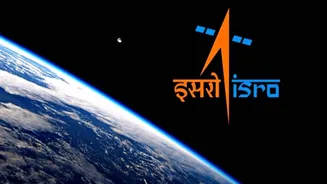NCERT introduced a special module for schools to commemorate Partition Horrors Remembrance Day on August 14. This module aims to educate students about the reasons behind the partition and identify those
responsible for it.
The module attributes accountability to three significant figures: Mohammad Ali Jinnah, who demanded Pakistan; the Congress, which agreed to partition given the circumstances; and Lord Mountbatten, who expedited the process.
According to the module, Jinnah relentlessly pushed for a separate country, while Congress leaders Nehru and Patel chose to accept partition. Mountbatten’s rapid formalisation of the partition is criticised for increasing chaos and violence. The module clarifies that the partition was not inevitable but resulted from misguided ideas and specific circumstances.
Mountbatten hastened British withdrawal by setting the partition date to August 15, 1947, instead of June 1948. His haste exacerbated the chaos and violence, with the incomplete planning of the Radcliffe Line leaving millions uncertain about the status of their villages. The module clearly attributes this negligence to the tragedy of partition.
The effects of partition continue to influence socio-political relations, including tensions with Pakistan, the Kashmir dispute, increased defence costs, and the ongoing mistrust between the two major communities.
The modules describe Partition as an “unprecedented human tragedy, with no parallel in world history.” They document mass killings, the displacement of nearly 1.5 crore people, large-scale sexual violence, and trains of refugees arriving “filled only with corpses, having been slaughtered en route.” Horrific events in Noakhali, Calcutta, Rawalpindi, Thoha, and Beval are cited as chilling examples, reported ANI.
The secondary stage module highlights the Indian leaders’ lack of experience in handling national or provincial administration, the army, and police. “None of the Indian leaders had experience in running national or even provincial administration, the army, police, etc. Hence, they had no idea of the massive problems that would naturally arise… Otherwise, such haste would not have been made,” it states.
The module identifies the Muslim League’s Direct Action Day in August 1946 as a critical turning point, accompanied by violence. Jinnah’s warning pressured Congress leaders Nehru and Patel into conceding to partition.
The secondary module directly connects Partition to enduring challenges, including the Kashmir conflict, communal politics, and external pressures on India’s foreign policy. It notes Pakistan’s three wars to annex Kashmir and its subsequent policy of exporting jihadist terrorism as consequences of Partition.
It reiterates the roles of Jinnah, Congress, and Mountbatten in the partition process. Mountbatten’s role in advancing the transfer of power is highlighted as a careless act that left millions uncertain about their national affiliation even after Independence Day.
The modules conclude by framing Partition as a warning for future generations. It stressed that shortsightedness in rulers can lead to national catastrophes and that concessions to violence in pursuit of peace can embolden violence-prone groups.
The new module has stirred a row. Congress leader Sandeep Dikshit challenged the BJP for a discussion on Partition. “…I challenge NCERT for a discussion on Partition. Today, they (BJP) have NCERT under their control; they don’t know anything about Partition,” he told ANI.
While party spokesperson Pawan Khera said, “Burn this document as it doesn’t tell the truth. Partition happened due to nexus between Hindu Mahasabha and Muslim League.” He further added, “RSS is danger to this nation. Idea of partition was first propagated by Hindu Mahasabha in 1938. It was repeated by Jinnah in 1940.”













